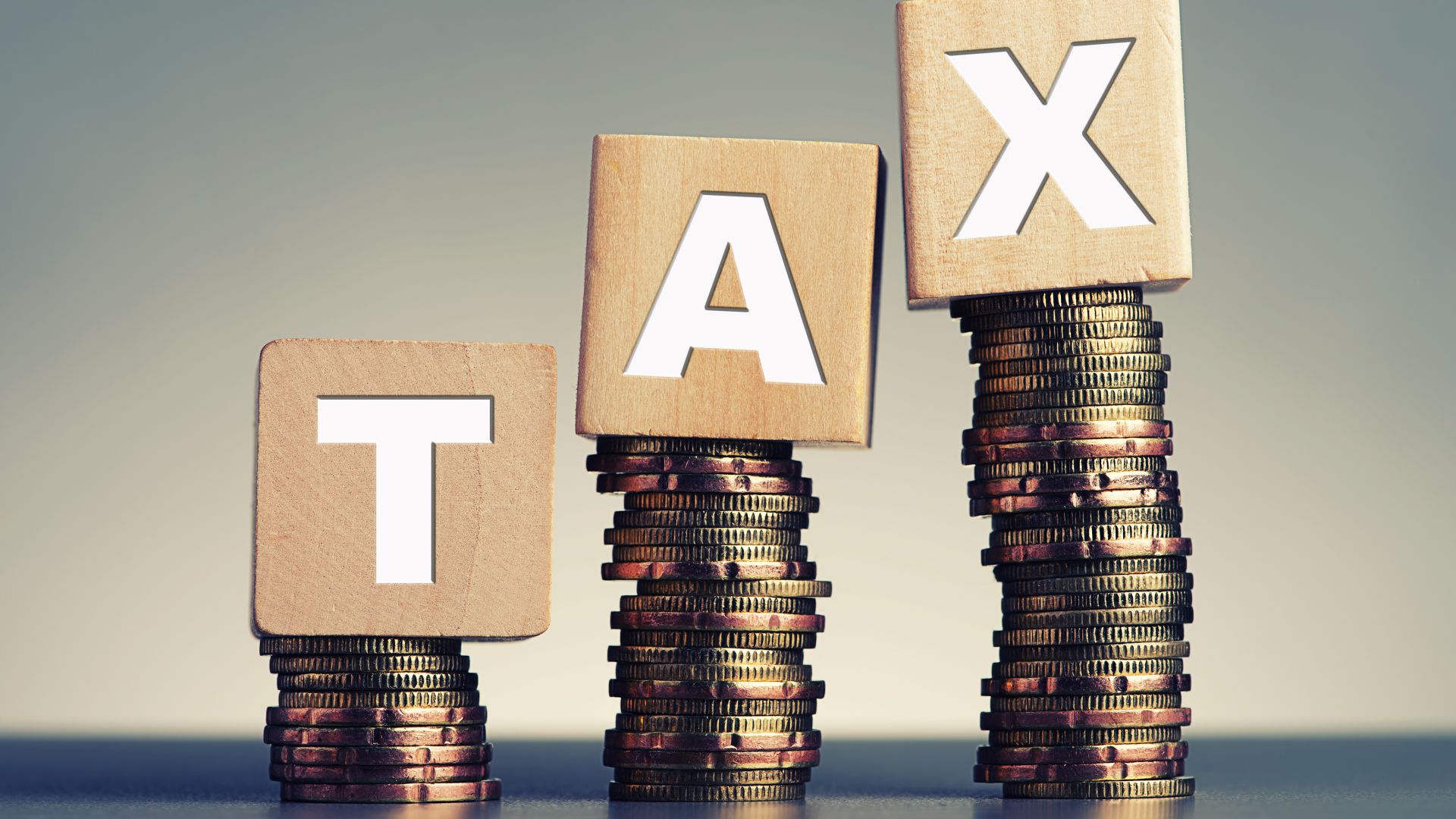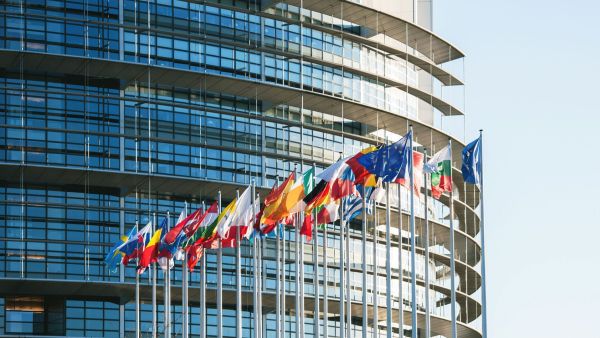Today in Brussels, EU finance ministers will discuss the state of play of their work on digital taxation and the ongoing reforms in the framework of the G20 and OECD.* These international reform efforts aim to regulate where and how much taxes companies pay, thereby bringing tax laws into the digital age, limiting tax competition and ensuring a level playing field between countries and companies. The Socialists and Democrats have been spearheading the fight for tax justice and continue to push for tax rules, that ensure everyone contributes their fair share.
Speaking ahead of the finance minister's meeting Jonás Fernández, MEP and S&D Group spokesperson on economy, said:
“Our citizens expect Google, Apple, and Amazon to finally pay their fair share of taxes, as ordinary people and companies do. To ensure that big multinationals can no longer get away with paying almost zero taxes, we must bring our tax rules up to speed with the modern global economy. “Our priority must be to ensure that the international reforms are in line with the interests of EU citizens. But to be credible, the EU must also get its own house in order. It is unconceivable that due to the resistance of very few governments, the EU has so far been unable to agree on a fair digital tax or shutting down European tax dumping districts. This clearly shows, how anachronistic the rule of unanimity in tax issues is and how urgently we must move towards qualified majority voting on tax matters.
“EU finance ministers must push for a simple reform, one that can easily be implemented by countries and closes existing loopholes, which big companies continue to exploit to diminish their tax rates. However, at the moment reform efforts seem to become ever more complex and narrow, thereby endangering the success of the whole operation. Only a reform that covers all big companies, and gives clear answers to both where and how much profits are taxed, will be a successful reform.
“The Socialists and Democrats are pushing for a minimum effective tax rate of 18%. Only a minimum effective tax rate can put the brakes on tax competition between countries. As digital value creation does not requires a physical presence, a principle on which our current tax laws are based, a minimum tax rate will be a big step towards better dealing with the digitalisation of the economy.
“But one thing is clear: If no international agreement can be reached by the end of 2020, the EU must be willing to act alone. Our citizen’s call for tax justice can no longer wait.”
Note to the editor:
*BEPS 2.0 was launched at the end of January 2019 through a 3 pages policy note by the OECD and the Inclusive Framework (134 countries cooperating on corporate income tax) to address the tax challenges arising from the digitalization of the economy. This work is also to be endorsed by G20 by the end of 2020 and aims at finding a unified approach to reallocate taxing rights and redefine tax presence (new nexus) in a first Pillar. A second Pillar aims at defining a minimum level of effective taxation through a global anti-base erosion tax.











